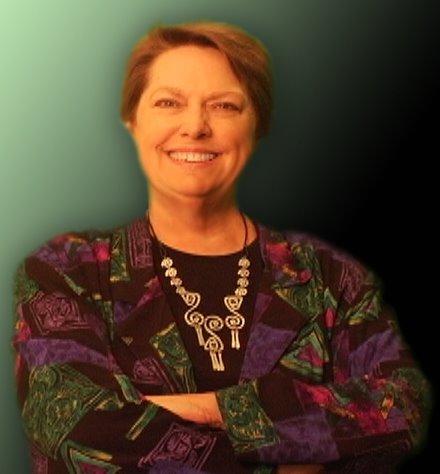I'm rerunning this post in honor of the late, great Les Paul. For more information, Click Here.
Question Everything
Curiosity may be the primary ingredient for imagination innovation. It made Leonardo da Vinci the quintessential renaissance man. In his book, How to Think Like Leonardo da Vinci, Michael J. Gelb lists curiosità: “An insatiably curious approach to life and an unrelenting quest for continuous learning” as the first of his seven Da Vincian principles. A later book, Innovate Like Edison, advises readers to “seek knowledge relentlessly.”
Albert Einstein famously said, “The important thing is not to stop questioning. Curiosity has its own reason for existing.” But he also warned, “It’s a miracle that curiosity survives formal education.”
Maybe dropping out of high school allowed Les Paul to pursue his curiosity and develop the electric guitar and the recording innovations of overdubbing and multitrack recording. In the documentary, Les Paul Chasing Sound, Paul recalls that when his brother flicked a light switch the light came on. When he flicked the switch he wanted to know why the light came on. He continued his search for a sound that no one had ever made before that led to his many inventions, took him to the top of the record charts in the 40s and 50s. Remember Mockingbird Hill and Vaya Con Dios with Mary Ford? Paul’s curiosity eventually took him to the Rock and Roll Hall of Fame. The
Gelb suggests several exercises to increase your curiosity, including make a list of 100 questions that are important to you. “Do the entire list in one sitting. Write quickly, don’t worry about spelling, grammar, or repeating the same question in different words.” Then go about finding some answers.
# # #


